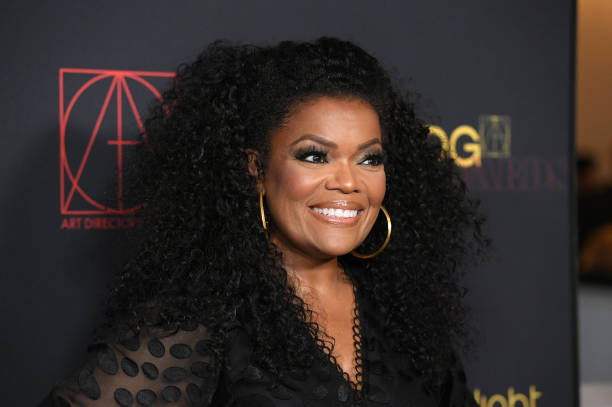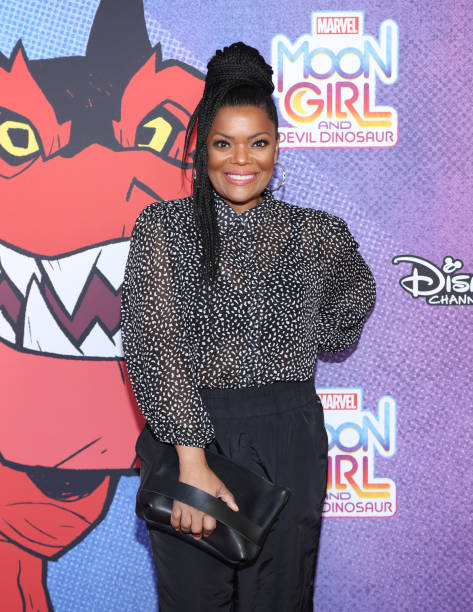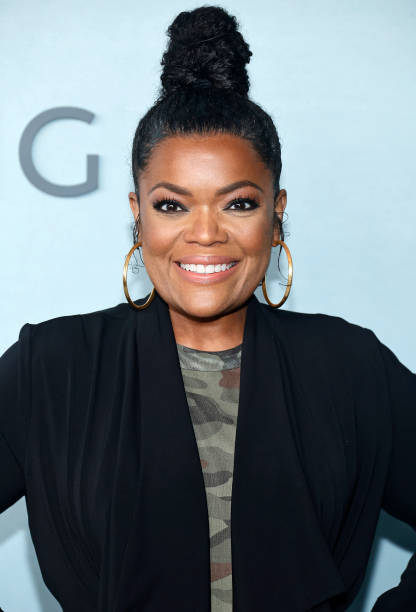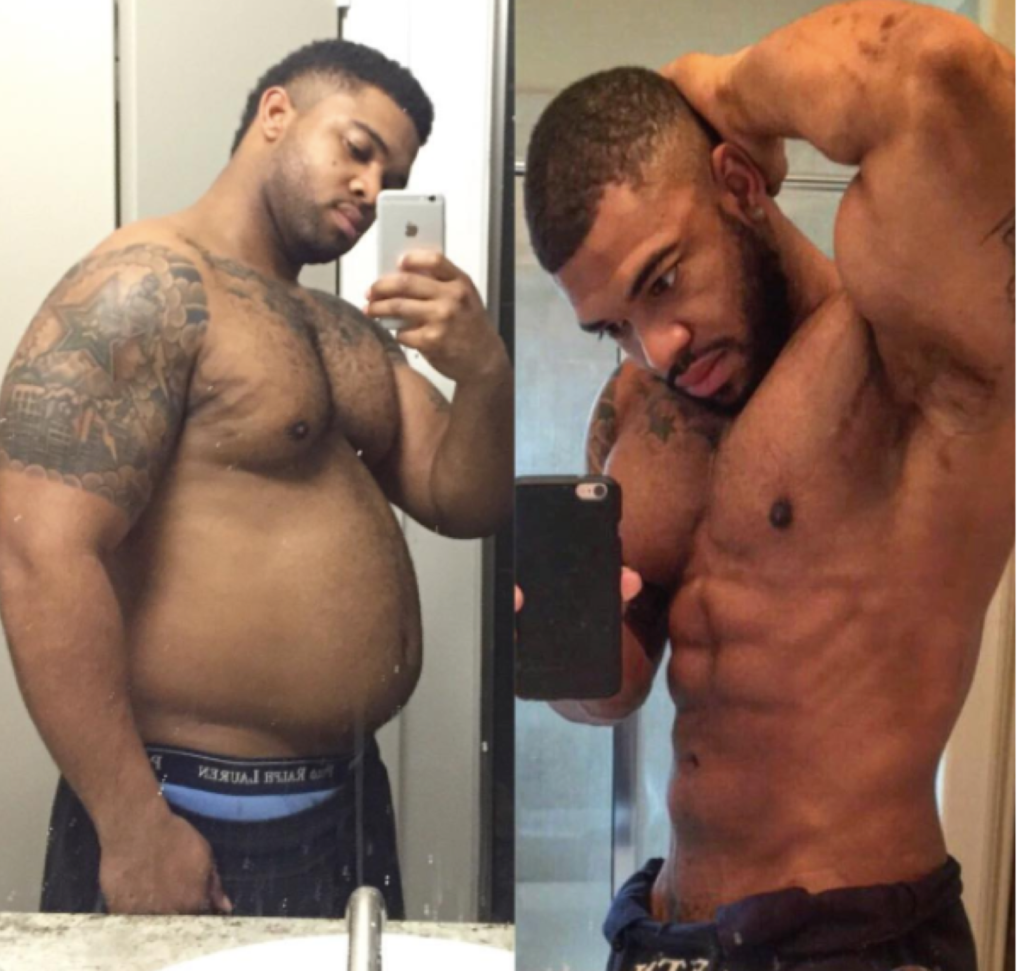
Obesity is a complex disease that many people misunderstand. On the surface, it may seem like a health condition that is solely based on the numbers you see when you step on the scale, but it is so much more than that. Unfortunately, the topic of weight does not always include empathy. This is especially true for the Black community. What’s more, many healthcare providers fail to understand just how much obesity can impact a person’s health.
“A snowball effect happens when patients and healthcare providers do not understand obesity as a chronic disease and how it can impact a person’s health. People need a trusted and trained provider to confide in who will take the time to go through all the complexities that contribute to obesity,” says North Carolina-based internist Tiffany Lowe-Clayton, DO, who specializes in bariatric medicine.
This topic is especially important to actress Yvette Nicole Brown, who has battled obesity and Type 2 diabetes.
“I think it’s one of the last stigmas; people feel free to make jokes and comment on obesity. You wouldn’t stare at someone with a disease on the street, but people will stare at people dealing with obesity. I think if more people knew that it’s a disease, maybe they would treat it the way they treat heart disease or diabetes and understand that those of us that are living with obesity are working our way through it, and what we require is kindness and decency, empathy, and respect,” Brown tells ESSENCE.
To help break the stigmas, she joined the It’s Bigger Than Me platform, which is presented by Novo Nordisk and aims to educate communities through science and help them understand that obesity is a manageable health condition.

RELATED: Actress Yvette Nicole Brown Gets The Last Laugh On Diabetes
Finding peace
“This movement is hoping to create that environment so those of us who are living with obesity or love someone who’s living with obesity, or those of us who want to know more about it, have a destination to go to to find out the answers that they need,” Brown adds.
Throughout her career, the 51-year-old’s weight has gone up and down, but it wasn’t until she was diagnosed with diabetes that she decided to make the appropriate lifestyle changes.
“…When I got diabetes, it wasn’t cute anymore. It wasn’t fun anymore, right? And it’s funny that I took that seriously. I immediately went to my doctor and was like, ‘Oh, gosh, what can I do?’ I didn’t yet know that obesity was also a disease, but if I had known that, I would have gone to the doctor a lot sooner. The goal is a long, healthy life, regardless of size,” the “Big Shot” actor shares.
No matter where Brown is weight-wise or entertainment-wise, she has found peace with who she is and the space she takes up in the world. She hopes that the movement will inspire others living with obesity to do the same.

“When we talk about shame, the more significant issue is not just the shame that is put on us. It’s the shame that we feel within ourselves. This feeling of, ‘Why can’t I do better? Why am I not better?’ Once you embrace and understand that it’s a disease, you wouldn’t say that to yourself if you had, you know, cancer, or if you had diabetes, or you had heart disease, you wouldn’t turn the shame or the toughness on yourself,” Brown says. “That’s why it’s vital to ensure that those living with this disease understand what it is. So we can love ourselves more and love ourselves better.”
Her advice to others living with obesity
Understand that obesity is a disease. “…If you got a diagnosis for anything else, your first thought would be a doctor. And so it takes the questioning out of it, it tells you, “Oh, so this is something that I can get help with. This is something that I don’t have to do myself; this is something that’s not about willpower. This is a disease,” Brown says.
Understand that obesity is complex. “…Obesity is so complex; it’s not the same for any one person. So it’s not one size fits all or one plan for everyone. So that’s why it’s important to talk about it being a disease, so people can find the program and the path that works for them. Health is always the goal. Health is wealth,” Brown adds.
Don’t beat yourself up. “…You can love yourself and still make sure that you’re healthy. You don’t have to beat yourself up as you’re on your journey because you haven’t lost this weight,” Brown advises.
Understand that health is the goal. “…Health is the goal, not a specific size on the scale,” Brown says.
To learn more about obesity or help a loved one living with obesity, tune into the “It’s Bigger Than Me” video series on itsbiggerthan.com.









